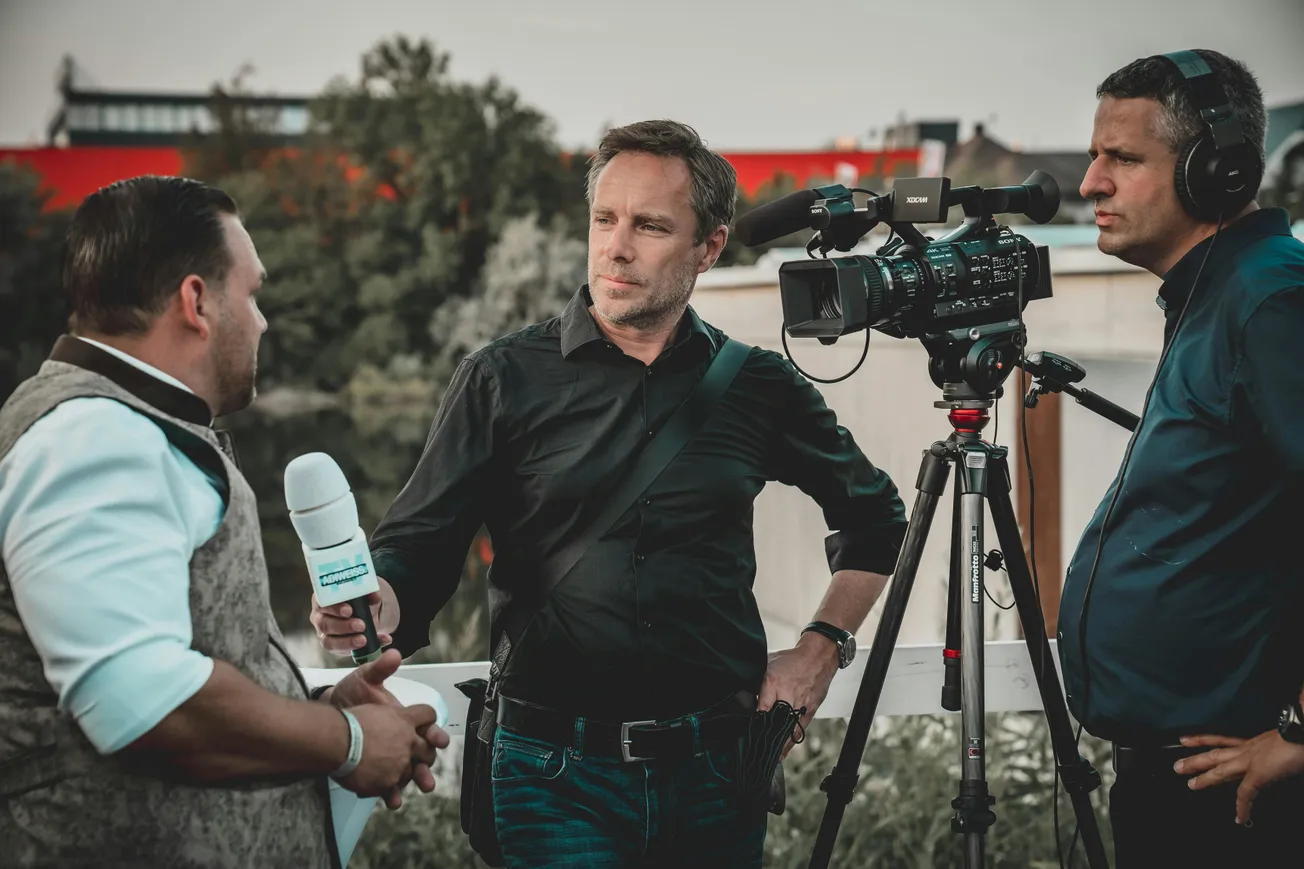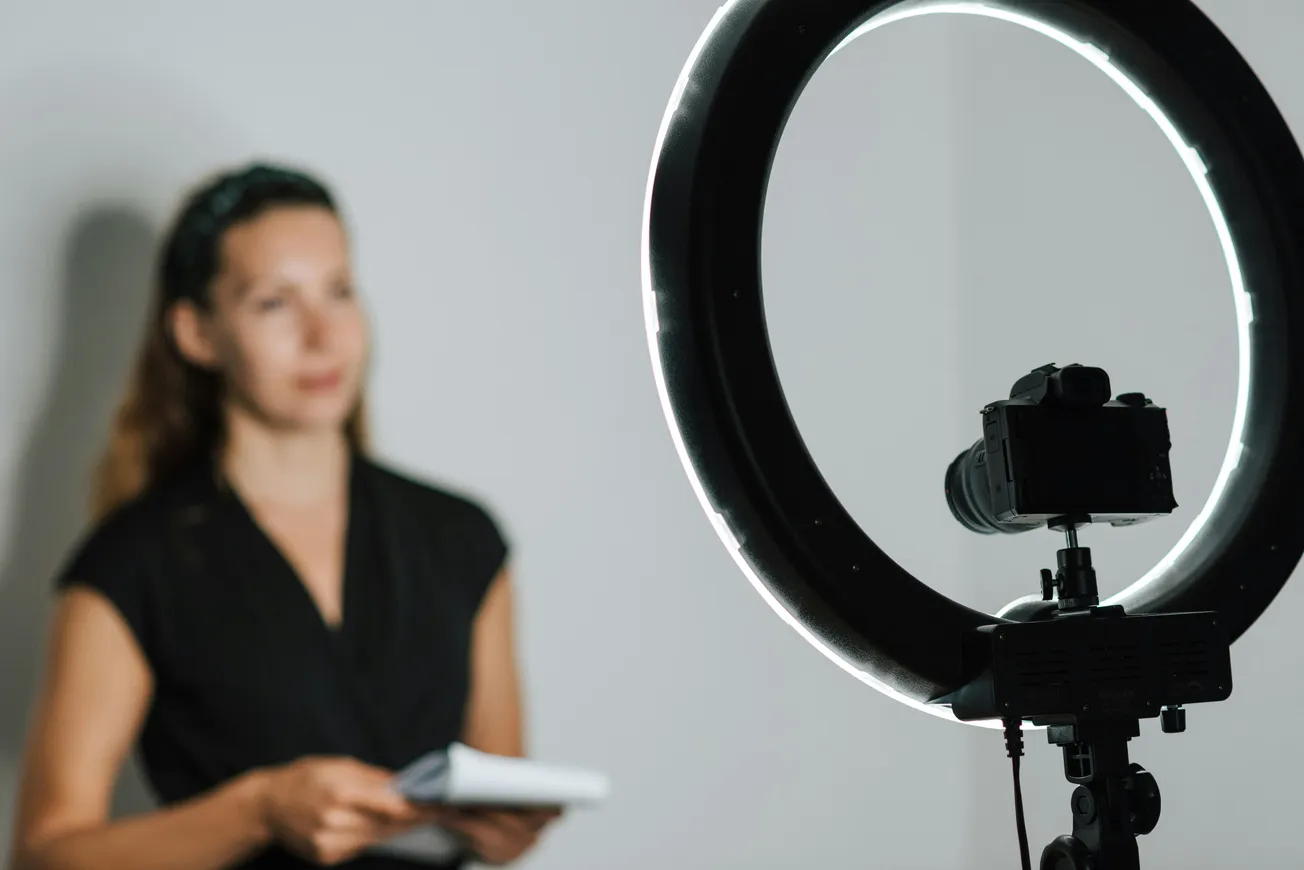The creator‑economy playbook just got an executive reboot. Media publisher Morning Brew recently launched a podcast hosted by its SVP of people operations — signalling a shift: today’s creators aren’t just social media stars, they can be corporate executives.
Why an HR exec hosting a podcast matters
In the piece “Could the Next Hit Podcaster Be… Your CFO?” from Adweek, Morning Brew introduces its new show People Person, led by Kate Noel, SVP of People. The show is a companion to the HR‑focused newsletter HR Brew and is “hosted by the publisher’s HR director.”
What’s notable: the host isn’t a media personality or subject‑matter influencer, but an internal executive. And this is part of a broader trend at the company — earlier career podcasts were led by other senior staff such as its chief of staff and director of consumer revenue.
For content creators and businesses, the insight is clear: the creator economy isn’t only about TikTok stars or YouTube influencers. It’s expanding into business‑to‑business (B2B) and professional spaces, where “creators” may be people inside the organization with credibility and subject‑matter authority.
How this fits into Morning Brew’s strategy
Morning Brew has been aggressively scaling its B2B verticals: newsletters like HR Brew, Marketing Brew, CFO Brew and beyond.
A media operator breakdown shows the company built a database of 1.5 million professionals and is using its consumer‑style editorial voice to engage an underserved professional audience.
By launching a podcast run by a business‑function executive, they’re combining:
- Credibility in the subject (HR, finance)
- Authentic voice (internal leader, not a hired talent)
- Distribution via a known media brand
From a creator‑strategy lens, that’s a hybrid between traditional internal comms, branded media and influencer content.
What this means for small business owners and content creators
If this trend applies to your content strategy, here are take‑aways:
- Subject‑matter creators: You don’t need a celebrity. A finance lead, operations manager or team‑lead at your organization can host a show or record short‑form content on a niche topic.
- B2B niche matters: Just as Morning Brew found 75 % of its audience wasn’t reading any professional industry publications, the opportunity is in underserved niches.
- Brand + internal voice: Use your company’s brand to support the distribution and credibility, while letting internal creators show authenticity.
- Lean formats: A podcast or micro‑show doesn’t require Hollywood budgets. It can be hosted, co‑hosted or produced by internal team members.
- Repurpose & amplify: Once the audio is live, spawn short videos, newsletter mentions, social clips — extending reach with minimal extra cost.
Risks and considerations
- Creator vs Executive role: Internal creators must balance their day job with content creation — clear mandates help.
- Audience fit: A podcast by the CFO or HR lead only works if the topic aligns with a wider audience — job‑hop hacks, culture strategy, change management, finance insights.
- Production quality: While authenticity wins, poor audio or sloppy editing undermines credibility. Ensure basic standards.
- Growth vs monetization: While the purpose may be branding or thought‑leadership, creators must have a roadmap to scale (newsletter mentions, lead gen, events) if the goal is business‑impact.
Conclusion
The creator economy is evolving — it’s no longer just influencers with large followings. Companies like Morning Brew are turning their own executives into creators, launching podcasts such as "People Person" and tapping in‑house expertise.
For businesses and creators, the model offers a high‑leverage way to produce meaningful content, build trust, and serve niche audiences.







